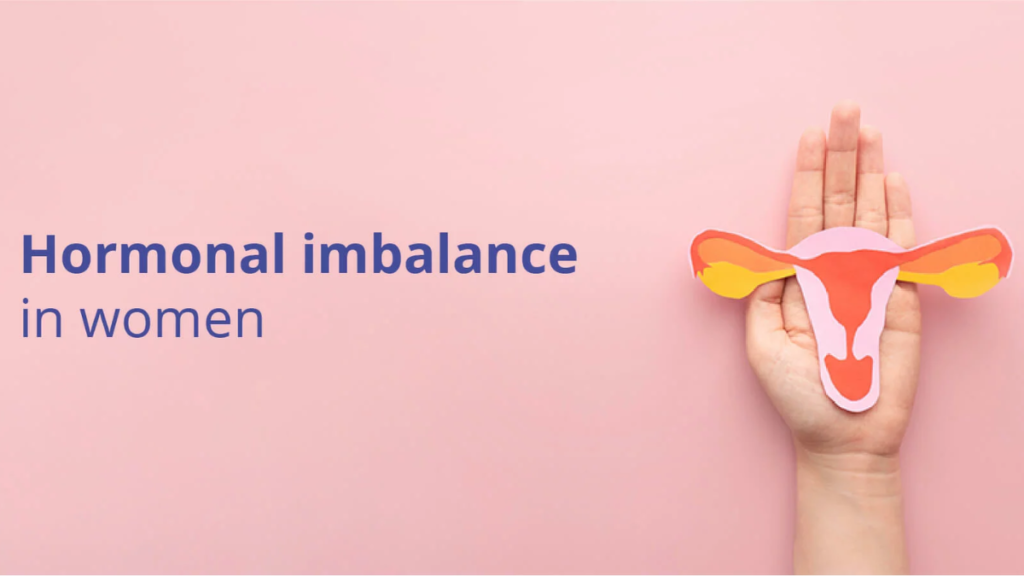Introduction
For many individuals, menstruation is a natural and predictable part of life. However, monthly period problems can often disrupt daily routines, causing discomfort and inconvenience. It’s crucial to understand that these issues are not uncommon, and there are various hidden culprits responsible for causing period problems. In this blog, we’ll delve into the factors that can lead to period-related challenges and discuss ways to address and manage them.
Hormonal Imbalances
One of the most common causes of monthly period problems is hormonal imbalances. The menstrual cycle is regulated by a delicate interplay of hormones, such as estrogen and progesterone. When these hormones become imbalanced, it can lead to irregular periods, heavy bleeding, or painful cramps. Hormonal imbalances can be caused by various factors, including stress, certain medications, or underlying health conditions.

Stress and Lifestyle
Stress is a hidden culprit that can wreak havoc on your menstrual cycle. Chronic stress can disrupt your hormonal balance and lead to irregular periods, missed periods, or even more severe conditions like amenorrhea (the absence of menstruation). Maintaining a healthy lifestyle with proper stress management techniques, like exercise and relaxation practices, can help regulate your cycle.

Poor Diet and Nutrition
Your diet plays a significant role in your overall health, including your menstrual health. Inadequate nutrition and low body weight can cause your body to conserve energy, leading to irregular periods or the complete absence of menstruation. On the other hand, a diet high in processed foods and sugar can lead to inflammation and exacerbate period symptoms. A balanced diet with essential nutrients is essential for maintaining a healthy menstrual cycle.
Polycystic Ovary Syndrome (PCOS)
Polycystic Ovary Syndrome (PCOS) is a common hormonal disorder that affects people with ovaries. It can lead to irregular periods, heavy bleeding, and intense pain during menstruation. PCOS is often associated with insulin resistance and obesity. Proper diagnosis and management of PCOS can significantly improve menstrual health.
Endometriosis
Endometriosis is a condition where tissue similar to the lining of the uterus grows outside of the uterus. This condition can lead to excruciating pain during menstruation, heavy bleeding, and infertility. Endometriosis can be a hidden culprit behind period problems and may require specialized treatment and management.
Fibroids
Uterine fibroids are noncancerous growths of the uterus that can lead to heavy bleeding and painful periods. While not all fibroids cause symptoms, some can significantly impact your menstrual health. Seeking medical advice and treatment options is essential if fibroids are causing period problems.
Medications and Birth Control
Certain medications, including birth control methods, can affect your menstrual cycle. Some individuals experience irregular periods or other side effects when taking hormonal contraceptives or other medications. Discuss any concerns about your menstrual health with your healthcare provider to explore alternative options or solutions.
Conclusion
Understanding the hidden culprits behind monthly period problems is the first step toward finding effective solutions. Period problems are common and can often be managed with lifestyle changes, medical interventions, or a combination of both. If you’re experiencing menstrual issues, it’s crucial to consult with a healthcare provider who can help identify the underlying causes and tailor a treatment plan to improve your menstrual health. Remember that you’re not alone in this, and there are solutions available to help you manage and overcome period-related challenges.

